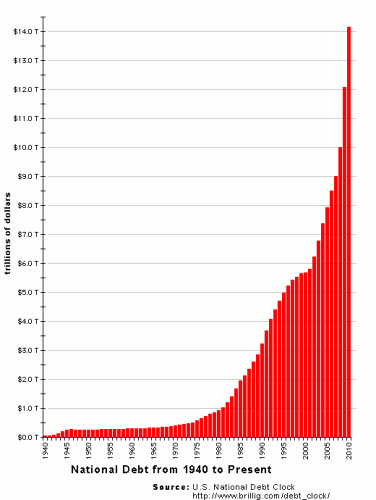In Barak Obama’s resume was a statement that he taught constitutional law as an “adjunct professor” at U of Chicago Law School. I have never considered this to be a major achievement since adjunct professors are not paid and the subject he taught was more related to his other interests. Constitutional law was not one of them.
At the school, Mr. Obama taught three courses, ascending to senior lecturer, a title otherwise carried only by a few federal judges. His most traditional course was in the due process and equal protection areas of constitutional law. His voting rights class traced the evolution of election law, from the disenfranchisement of blacks to contemporary debates over districting and campaign finance. Mr. Obama was so interested in the subject that he helped Richard Pildes, a professor at New York University, develop a leading casebook in the field.
His most original course, a historical and political seminar as much as a legal one, was on racism and law. Mr. Obama improvised his own textbook, including classic cases like Brown v. Board of Education, and essays by Frederick Douglass, W. E. B. Dubois, the Rev. Dr. Martin Luther King Jr. and Malcolm X, as well as conservative thinkers like Robert H. Bork.
Mr. Obama was especially eager for his charges to understand the horrors of the past, students say. He assigned a 1919 catalog of lynching victims, including some who were first raped or stripped of their ears and fingers, others who were pregnant or lynched with their children, and some whose charred bodies were sold off, bone fragment by bone fragment, to gawkers…
Should we be surprised at his knowledge, or lack of it, on the basics of constitutional law ? Even his attempt to correct his clueless comments about judicial review are incoherent
Apparently unaware of the most basic principles of constitutional law, going back to Marbury v. Madison in 1803, he said:
I’m confident that the Supreme Court will not take what would be an unprecedented, extraordinary step of overturning a law that was passed by a strong majority of a democratically elected Congress.
And I — I’d just remind conservative commentators that for years what we’ve heard is the biggest problem on the bench was judicial activism or a lack of judicial restraint; that, uhhh, an unelected, uhhh, group of — of people would somehow overturn, uhhh, a duly constituted and — and passed, uh, law. Uh, well, uh, uh, is a good example. Uhh, and I’m pretty confident that this, — this court will recognize that, uh, and not take that step.
The 5th Circuit Court of Appeals responded
Overturning a law of course would not be unprecedented — since the Supreme Court since 1803 has asserted the power to strike down laws it interprets as unconstitutional. The three-judge appellate court appears to be asking the administration to admit that basic premise — despite the president’s remarks that implied the contrary. The panel ordered the Justice Department to submit a three-page, single-spaced letter by noon Thursday addressing whether the Executive Branch believes courts have such power, the lawyer said.
Marbury vs Madison is one of the oldest and most basic cases that would be studied by a law student interested in Constitutional Law. The fact that our president does not know this ranks with his comments on speaking “Austrian” in Austria and his estimation of the number of US states.
Is he really this dim ? Did Harvard turn out this affirmative action dullard and inflict him on the country ?
